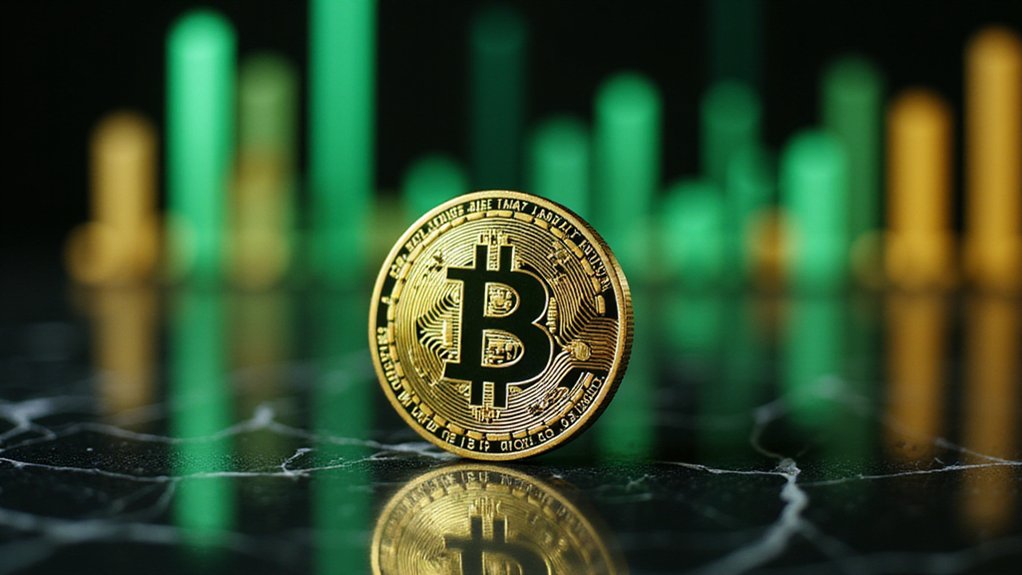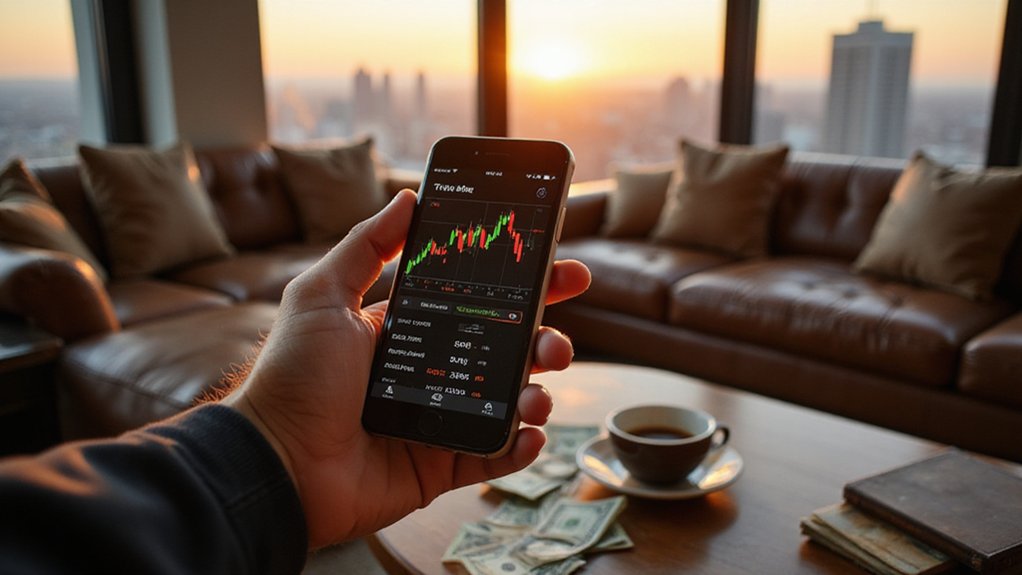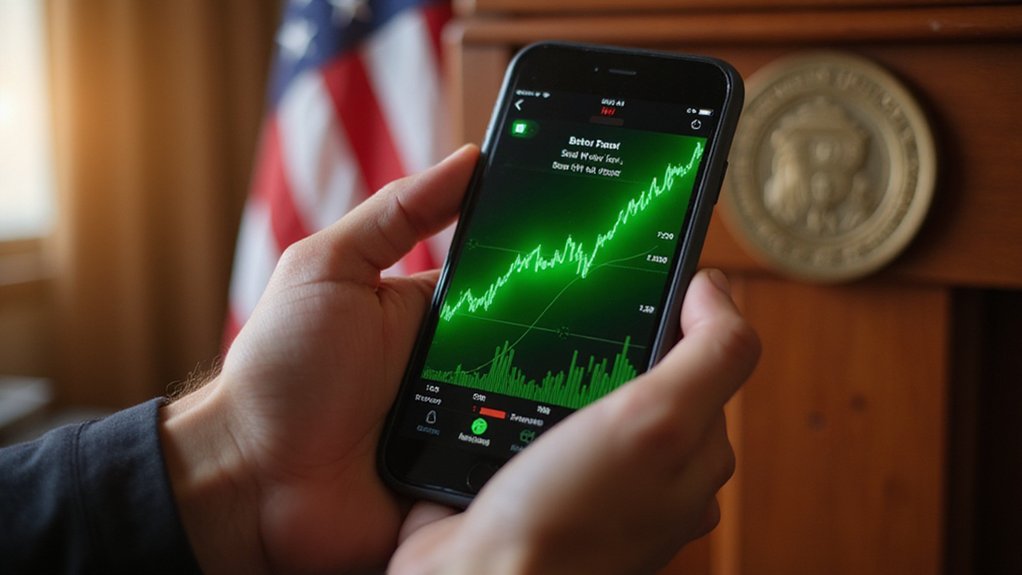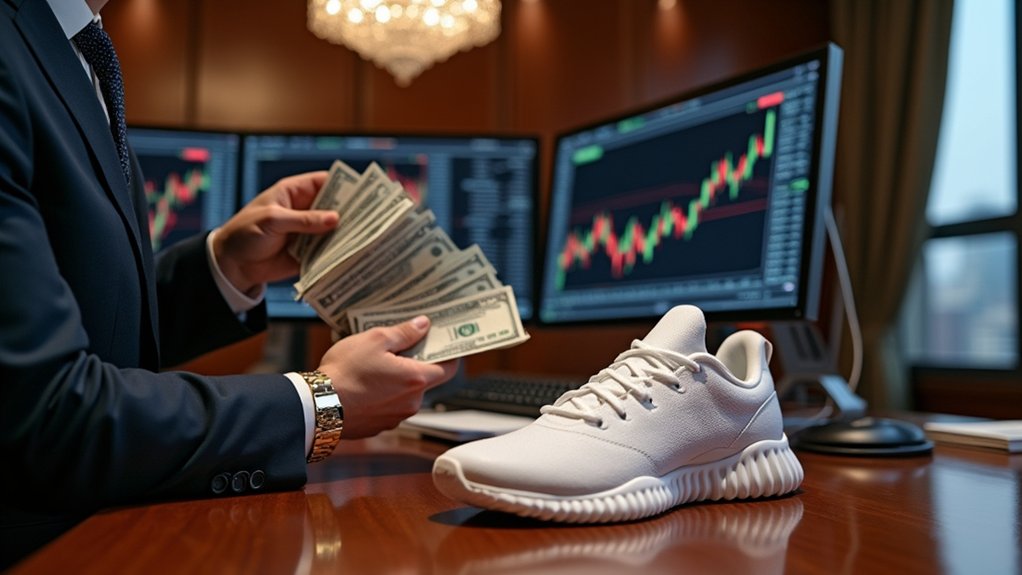Few financial centers have embraced the paradox of cryptocurrency regulation quite like Hong Kong, where authorities are simultaneously rolling out some of the world’s most extensive digital asset frameworks while maintaining their territory’s reputation as a bastion of laissez-faire capitalism.
The territory’s ambitious regulatory architecture takes shape in earnest come August 2025, when the Stablecoins Ordinance officially launches—a thorough framework that would make even the most bureaucratic jurisdictions blush. Under these new rules, fiat-backed stablecoin issuers must maintain full reserves (imagine that) and submit to regular audits, requirements that have nonetheless attracted heavyweight applicants including JD.com and Ant Group. The irony isn’t lost: companies scrambling to obtain licenses for what amounts to digitized dollar-pegging.
Heavyweight firms queuing for licenses to essentially digitize dollar-pegging—bureaucratic irony at its finest.
Since 2023, virtual asset service providers have faced mandatory licensing through the Securities and Futures Commission, a regime that aligns with international AML/CTF standards while implementing the FATF Travel Rule. This requires sharing sender and receiver information for transactions exceeding HKD 8,000—roughly USD 1,000—because apparently financial surveillance scales with technological innovation.
The regulatory framework extends beyond mere compliance theater. Real-time transaction monitoring and automated reporting systems now undergird Hong Kong’s crypto ecosystem, creating what regulators euphemistically term “market integrity.” These measures integrate seamlessly across both stablecoin regulations and exchange licensing requirements, forming a cohesive (if somewhat Orwellian) oversight apparatus. Enhanced reporting capabilities through automated workflows have become essential for businesses seeking to streamline their compliance operations.
Yet Hong Kong’s crypto ambitions transcend regulatory box-ticking. The territory’s fintech blockchain sector expanded 250% since 2022, driven partly by zero percent capital gains tax for individuals—a policy that transforms retail investors into inadvertent beneficiaries of governmental largesse.
The HKMA’s Fintech 2025 Strategy emphasizes blockchain interoperability and cross-border settlements, positioning Hong Kong as a regional digital asset hub. Operating without proper licensing carries severe consequences, with potential fines up to 5,000,000 HKD and imprisonment for senior management.
This regulatory dexterity has yielded tangible results. Major blockchain startups and venture investments continue flowing into the territory, attracted by the rare combination of stringent oversight and operational flexibility. The growing institutional confidence mirrors global trends seen in Bitcoin ETF adoption, where regulated investment vehicles provide safer exposure to digital assets.
Hong Kong’s approach—mandating transparency while avoiding punitive taxation—demonstrates how jurisdictions can embrace cryptocurrency innovation without abandoning regulatory prudence.
The stablecoin ordinance, subject to Legislative Council negative vetting, exemplifies this balanced approach: thorough safeguards coupled with professional investor exemptions for unlicensed issuers.









